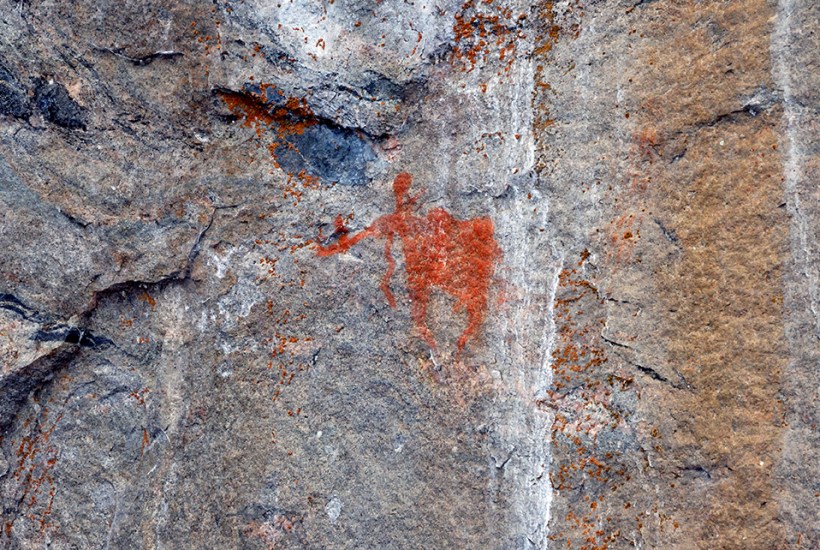Louise Erdrich intrigues with her very first sentence: ‘My travels have become so focused on books and islands that the two have merged for me.’ She explores this integration in her astonishing account of her trips to the lakes and islands of Minnesota and Ontario, where ancient painted signs on rocks inspire her to perceive some islands as ‘books in themselves… You could think of the lakes as libraries.
Already a subscriber? Log in
Subscribe for just $2 a week
Try a month of The Spectator Australia absolutely free and without commitment. Not only that but – if you choose to continue – you’ll pay just $2 a week for your first year.
- Unlimited access to spectator.com.au and app
- The weekly edition on the Spectator Australia app
- Spectator podcasts and newsletters
- Full access to spectator.co.uk
Or
Unlock this article
You might disagree with half of it, but you’ll enjoy reading all of it. Try your first month for free, then just $2 a week for the remainder of your first year.









Comments
Don't miss out
Join the conversation with other Spectator Australia readers. Subscribe to leave a comment.
SUBSCRIBEAlready a subscriber? Log in